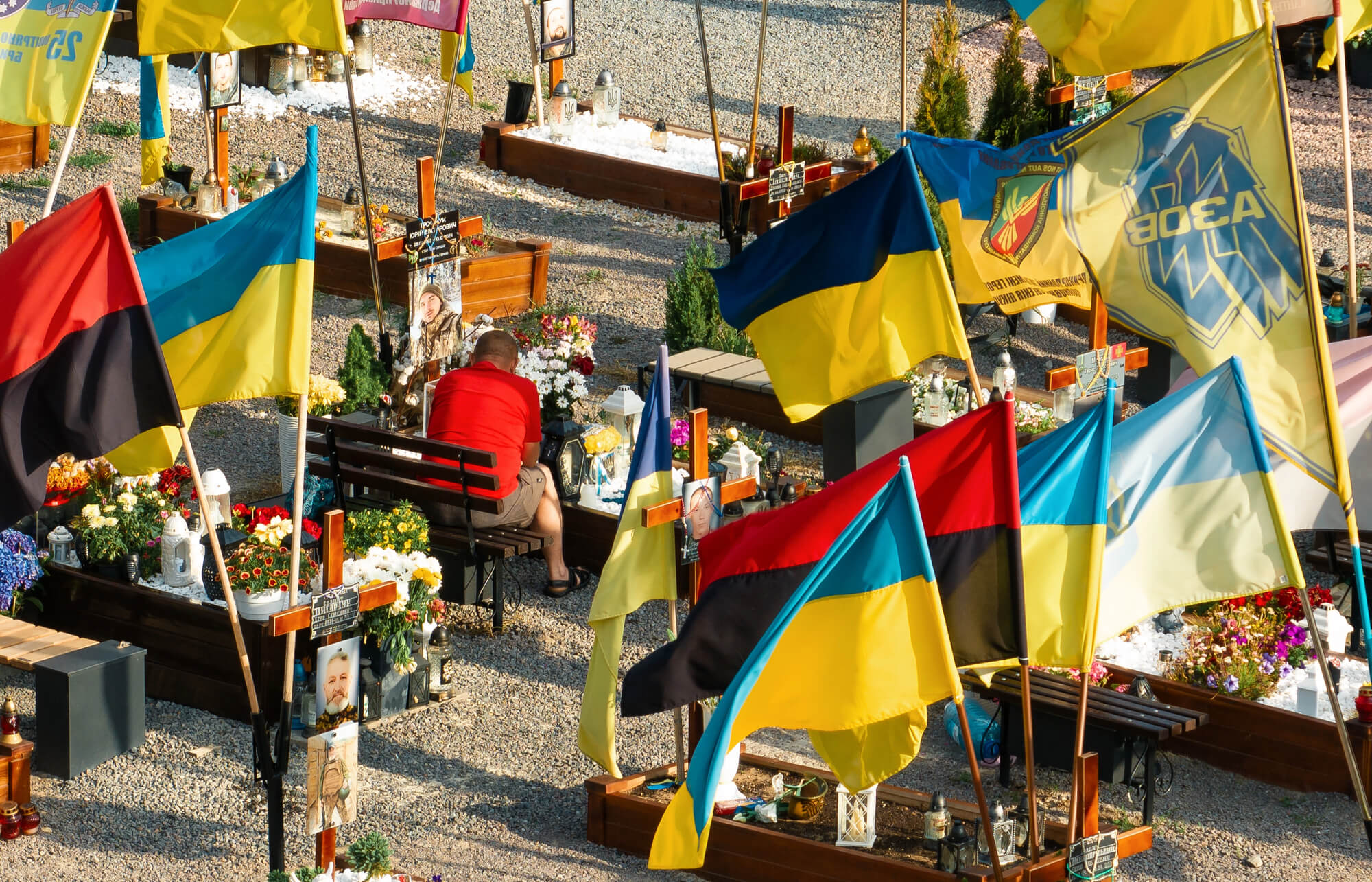Zbigniew Brzezinski, a National Security Adviser to President Carter, has been decidedly anti-Soviet in his long and distinguished career. Yet, despite Brzezinski’s strong views, which were often perceived as one-sided and radical, his thinking has influenced generations of policymakers in Washington DC and other capitals because his vision on how to approach a number of global challenges proved right. His recent biography by Andrzej Lubowski is an interesting synthesis of Brzezinski’s ideas, many of which have turned out to be prophetic, at least with respect to Russia.
In a nutshell, Brzezinski believed that the collapse of the USSR in the Cold War did not mean that Russia was going to become a democratic country automatically. In part, this transition could not have been automatic because of non-Russian nationalism. Many peoples of the Soviet Union wanted independence, which was hard to swallow not only in Moscow but also in Washington (recall the infamous George Bush “chicken speech” in Kiev). And hence there were preconditions for revisionist nationalism in Russia aimed to restore the “glory” of the USSR. Furthermore, in early 1990s, Brzezinski did not see “any comprehensive program for political and socioeconomic transformation that would firmly link Russia to Europe.”
The omens were not good and as early as on October 6, 1999, when Brzezinski testified before Congress, he reasoned that the current Russia is not a reliable, trustworthy partner. His conclusions were based on the behavior of Russia in the Kosovo war. The Russian sentiment at the time was that what happened in Serbia and Kosovo was the collapse of the US global empire. Moscow was trying to split NATO powers, to support odious Slobodan Milosevic(who later died awaiting trial at the Hague), to fly 2,500 paratroopers to establish a Russian sector in Pristina, etc. – all these elements indicated nostalgia for global power status.
Brzezinski became even more pessimistic about Russia’s prospects when Putin became its president. Brzezinski argued that a man who admired his grandfather (who was a security guard for Stalin), who came from the KGB, who viewed the collapse of the Soviet Union as the largest geopolitical tragedy of the 20th century cannot be a reliable democrat. Brzezinski thought that Putin was driven by “a great deal of nostalgia.”
Strikingly, Brzezinski was among the first to compare Putin to Hitler and Stalin after Russian aggressionagainst Georgia in 2008. In his view, that aggression was similar to “Hitler’s tactics vis-à-vis Czechoslovakia to “free” SudetenDeutsch” and to “what Stalin did vis-à-vis Finland: subverting by use of force the sovereignty of a small democratic neighbor.” Brzezinski argued that aggregation against Georgia was not an isolated event. Quite the opposite. Putin was riding a nationalistic wave to restore the empire.In August 2008, Brzezinski called for a “concerted, global effort to oppose and condemn the Russian invasion [which] could lead to economic and financial sanctions”. Unfortunately, this effort did not materialize because of “self-delusion in the White House regarding Putin and his regime.” He cites two memorable manifestation of this delusion. First, when Bush met Putin and said he looked into his soul and could trust him. Second, Condi Rice claimed that American relations with Russia have never been better in history!
And consistent with Brzezinski’s predictions, the trend did continue. In 2009, Russia had a dispute with Ukraine over gas prices and cut gas supplies to the West to convince everybody that Ukraine was not reliable. In his infamous speech in NATO, Putin argued that Ukraine is an artificial state and hinted that if Ukraine becomes a part of NATO Russia will invade Ukraine. NATO did not admit Ukraine. It did not matter. Eventually, Russia did invade Ukraine, annex Crimea and stir violence in the East of Ukraine.
Brzezinski always felt that democratic Europe cannot be sustained without democratic Poland. His arguments could be easily extended to Ukraine. Indeed, despite poverty and corruption in Ukraine, Brzezinski believed that Ukraine should be a part of the European community and he did not share the disproportionate caution of the EU about Ukraine. In his view, if Ukraine joins the West, it will be a victory not only for Ukraine but also for Russia and Europe.
Not surprisingly, Brzezinski strongly reacted to the Russian invasion and declared that the West must support Ukraine with all means (including military) or consequences are going to be dire. Since most people in the U.S., Canada, Japan and Europe are unaware about what/where Ukraine is as well as about the significance of violating borders in Europe, he called Obama and other leaders to come out and explain why punishing Russia now is so vital. In this matter, putting money (e.g., French contractto deliver assault air carrier ships to Russia) or petty politics before principle is suicidal.
Brzezinski has been right on so many big-picture issues. Hopefully, politicians will listen to him.
Attention
The author doesn`t work for, consult to, own shares in or receive funding from any company or organization that would benefit from this article, and have no relevant affiliations



